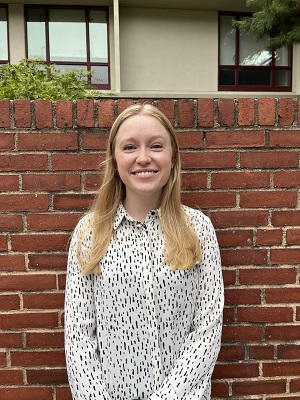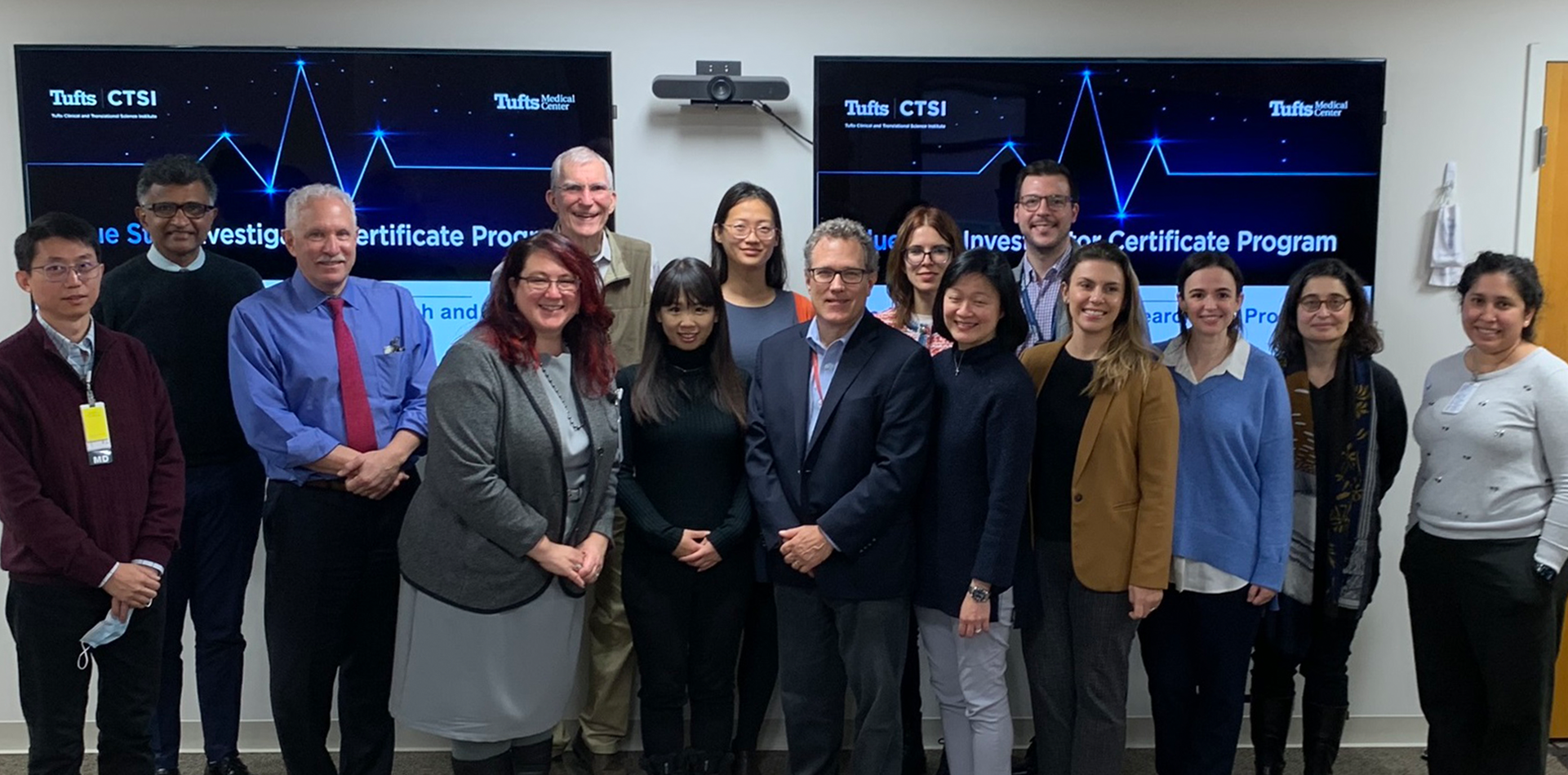From language barriers to differences in cultural norms, it can be challenging for members of minority communities to access proper health care. A specific area of difficulty lies in diagnosing children with autism. Developmental-Behavioral Pediatrician Christina Sakai, MD, along with Pediatric Psychologist Christina Mulé, PhD, set out to address the impact of Chinese culture on diagnosing autism in Chinese immigrant children.
“Within prior studies, we recognized that kids from minority, non-English speaking families tended to have later diagnoses of autism, and more complicated access to ongoing management,” she said. “We tend to focus on Latino, Spanish speaking communities, but not so much on other minority languages and cultures.”
Having worked on parenting support groups and workshops with the Boston Chinatown Neighborhood Center (BCNC), and being of Chinese background herself, Dr. Sakai was interested in childhood health in the Chinatown community. The goal of her research was to understand how Chinese immigrant culture could potentially impact the timeline of autism diagnosis in children and the rate at which care is accessed.
The study found that while parents of children diagnosed with autism had difficulty accessing services due to language barriers, the larger issue was how Chinese culture impacts their perception and understanding of autism.
“We didn’t find the subjects were particularly delayed in diagnoses, nor that they had a lower rate of service use.” She said, “But that’s not to say Chinese immigrants don’t have problems accessing care. Due to sampling methods, subjects were already actively engaged in subspecialty clinics and family support groups and yet still identified significant barriers. As such, the experiences of those who are less engaged in the health care system may not be well captured in study results.”
The study found that some parents used Chinese-specific terms (words that are exclusive to Mandarin) that conveyed ideas which shaped parents’ belief systems regarding autism. Some parents were in complete denial of their child having developmental challenges, even in the midst of receiving care to address those challenges. Others had general misunderstandings of what autism is. And some believed their children would be cured if they were sent back to China to be around other Chinese children.
Drs. Sakai and Mulé stressed the importance of the support they received during all phases of the study from the BCNC and Tufts CTSI’s Addressing Disparities in Asian populations Through Translational Research (ADAPT) program. This research exemplifies the support that Tufts CTSI and ADAPT provides to early investigators to address their goals. Drs. Sakai and Mulé worked with the Child Health Work Group of ADAPT, led by Aviva Must, PhD and Karen Freund, MD, MPH of Tufts CTSI, in the development of the specific aims, the writing of their grant proposal, and the implementation of their research project. Amy LeClair, PhD, MPhil (another Tufts CTSI investigator) provided the support and mentorship in conducting and analyzing the quality data.
“The support of a group of senior mentors throughout the grant-writing and research process was critical to the success of this project,” said Dr. Sakai.
Yoyo Yau, Director of Family and Community Engagement at the BCNC, was involved since the project’s inception. Her support, and support from others at the BCNC, was instrumental in getting the project off the ground. She says, “As a research partner, Dr. Christina Sakai has strong compassion to serve Asian immigrant families and children with Autism. This research project has provided a tremendous voice to promote the child wellness of Asian immigrant families in our community.”
Dr. Sakai’s and ADAPT’s collective interests in child health within the Chinatown community also helped propel this research study.
ADAPT’s Director, Carolyn Rubin, EdD, MA, says, “We knew that it could shed light on an important issue that Chinese families struggle with. Parents often struggle with how to navigate the complex health and educational systems that they find themselves in when trying to get the care and support they need for their child who lives with autism.”
The study was published in the Journal of Developmental and Behavioral Pediatrics. Dr. Sakai and Ms. Yau presented their findings at the 5th Annual Asian Health Symposium on April 23, 2019.
Dr. Sakai hopes that the results of this research might have a larger impact on early recognition of child development concerns and aid in reducing the stigma associated with diagnoses and receiving care in Chinese immigrant communities. She also hopes that parents of children with developmental challenges will feel more supported, not just within the health care system, but within their community.
Dr. Sakai is optimistic that by engaging in this research and partnering with a community-based organization in Chinatown will have a lasting impact on the community. She says, “I truly believe that research driven by those within the community will have the broadest impact and will work to maintain ongoing collaborations.”



